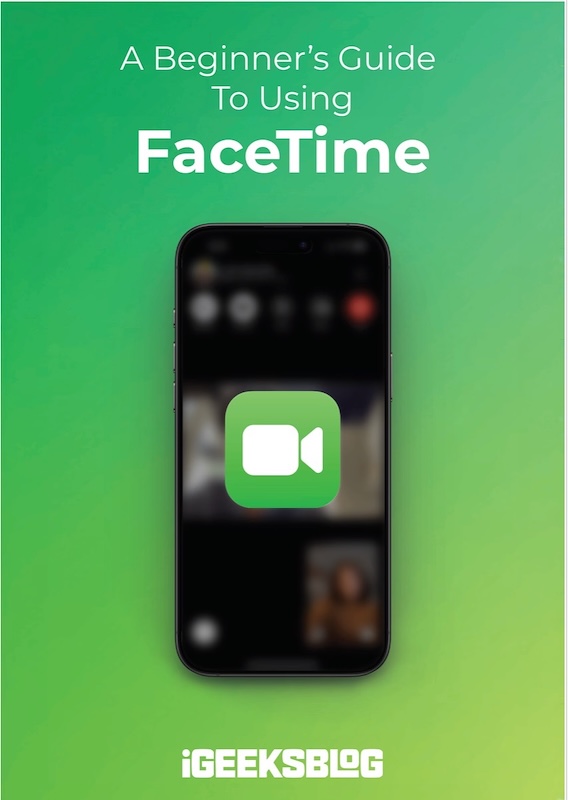
FaceTime Like a Pro
Get our exclusive Ultimate FaceTime Guide 📚 — absolutely FREE when you sign up for our newsletter below.

FaceTime Like a Pro
Get our exclusive Ultimate FaceTime Guide 📚 — absolutely FREE when you sign up for our newsletter below.
Bitchat Mesh, Jack Dorsey’s offline messaging app, is now available on the App Store for iPhone, iPad, and Mac. It uses Bluetooth mesh to enable encrypted chats without the internet.
Jack Dorsey, best known as Twitter’s co-founder and Block’s CEO, has quietly launched a new app called Bitchat. The messaging tool works without an internet connection, instead using a Bluetooth-based peer-to-peer mesh network. It’s currently available on the App Store for iPhone, iPad, Mac, and Apple Vision Pro.
Bitchat doesn’t require users to exchange phone numbers or emails. Instead, it connects nearby devices using Bluetooth, forming a mesh network that allows encrypted messages to hop from one device to another. That setup enables communication in areas without cellular or Wi-Fi access, such as at crowded events or remote locations. The more people running the app, the broader the network coverage becomes.
The project comes out of “and Other Stuff,” an open-source initiative that Dorsey funds. According to its App Store listing, Bitchat offers a few key features:
The app’s description highlights a few key features:

The app automatically assigns each user a random @handle upon launch, which can be changed with a single tap. Users can swipe left or tap a top-right icon to browse active peers and initiate private chats.
Bitchat is currently available for free on the App Store, though it hasn’t rolled out in every region yet. The full source code is live on GitHub, opening the door for developers to inspect or build on the project. Dorsey acknowledged an early limitation: the current iOS build can’t connect to Android devices. A fix has already been submitted to Apple, and support for cross-platform messaging is expected soon.
Whether Bitchat evolves into a widely-used communication tool or remains a niche experiment, its launch points to ongoing interest in internet-free messaging. Especially in environments with unreliable connectivity or privacy concerns, mesh-based platforms like this hint at a broader rethink of how digital communication can function.
Would something like this be useful to you? Drop your thoughts in the comments.